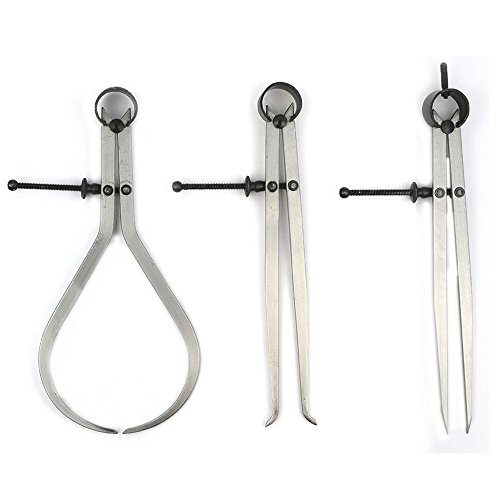Thank you charlesI am looking at the relative positions of reversing handwheel shaft that runs across on end of the engine and the weighshaft that runs down the side and moves the reversing gear. If there was a lever on the end of the weighshaft then I would expect the revesing shaft to have been threaded. As it is not, I think perhaps it should have a worm and sector arrangement.
It also seems to be missing the 'lifting links' from the weighshaft to the pins on the ends of the curved 'expansion links'.
Would you have a guess for the make?
Could u send a pic if possible
I think i know what u mean
Im new to steam
Regards chris












![DreamPlan Home Design and Landscaping Software Free for Windows [PC Download]](https://m.media-amazon.com/images/I/51kvZH2dVLL._SL500_.jpg)


![MeshMagic 3D Free 3D Modeling Software [Download]](https://m.media-amazon.com/images/I/B1U+p8ewjGS._SL500_.png)





















































